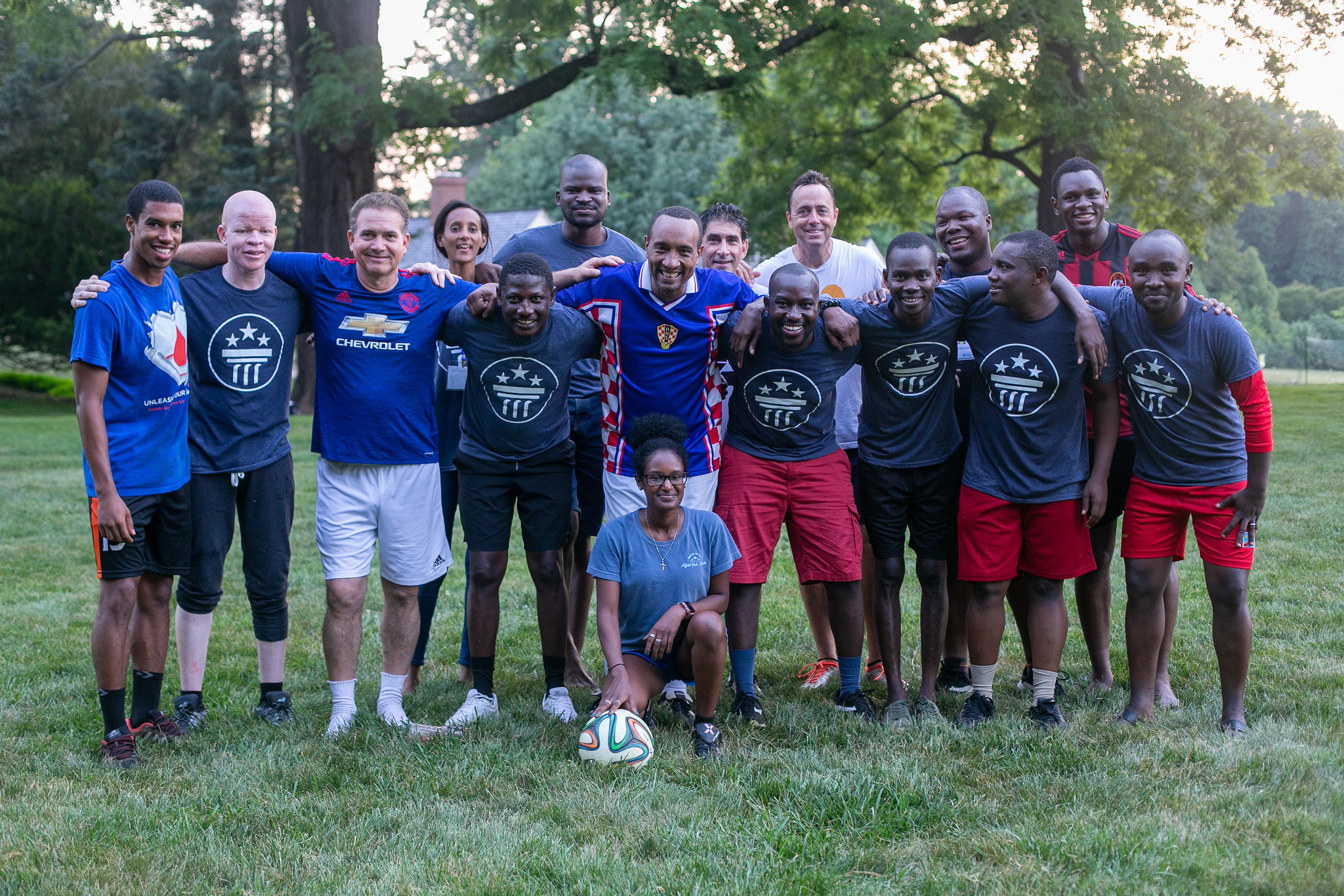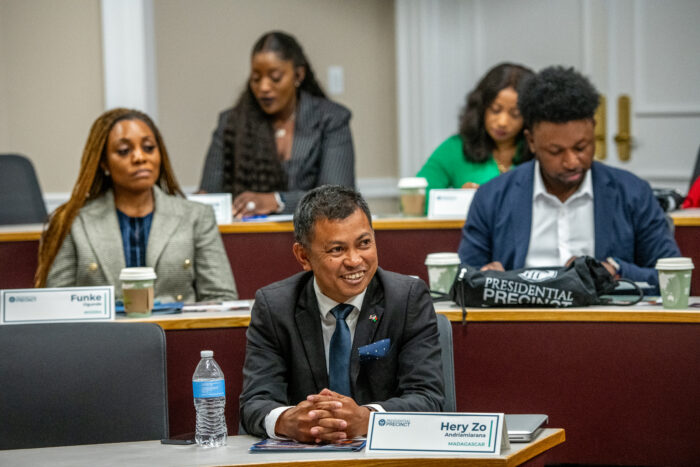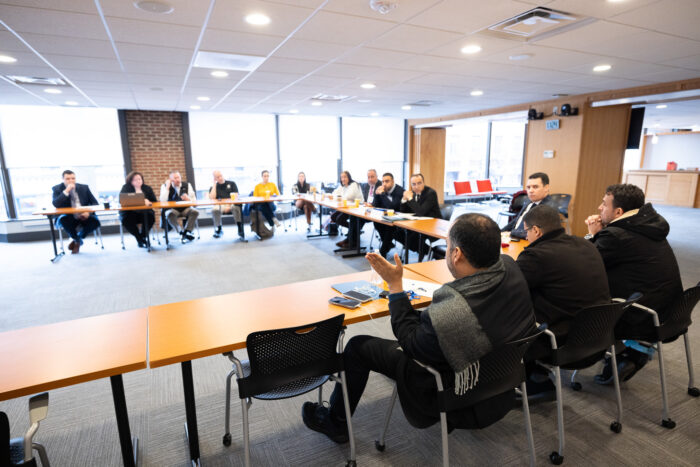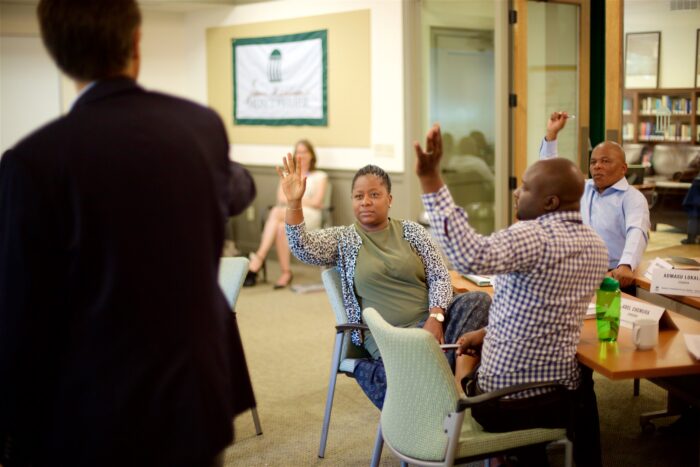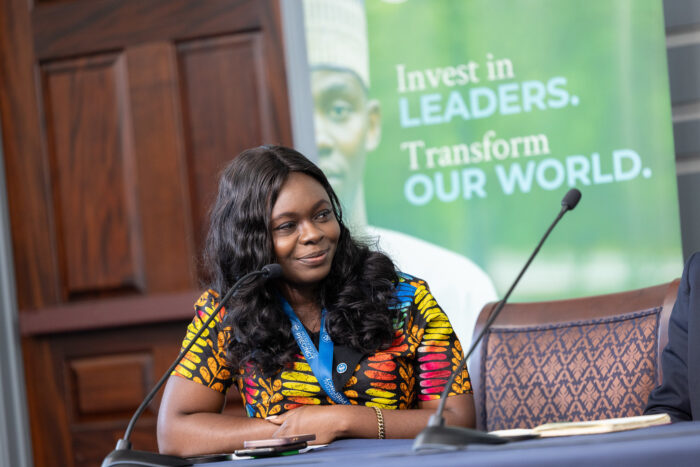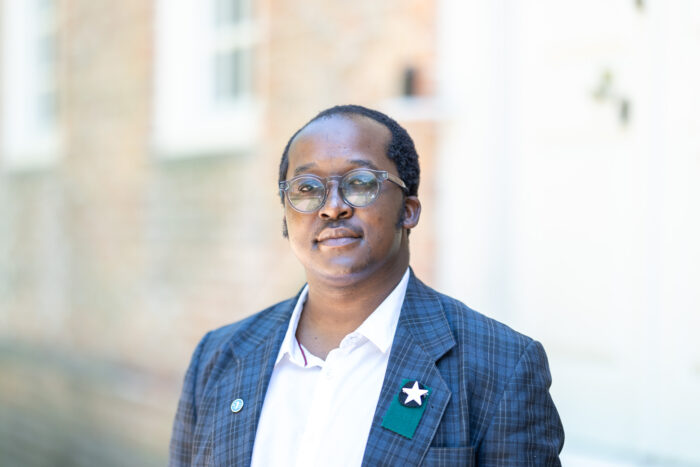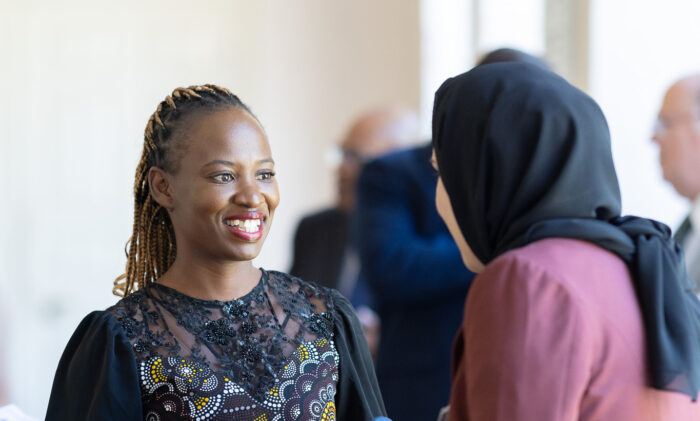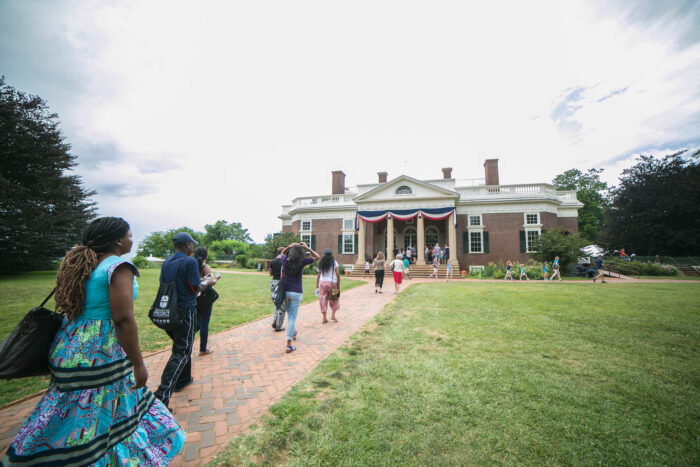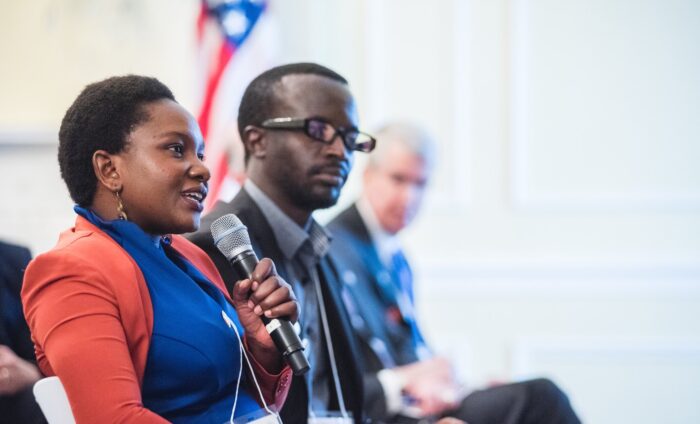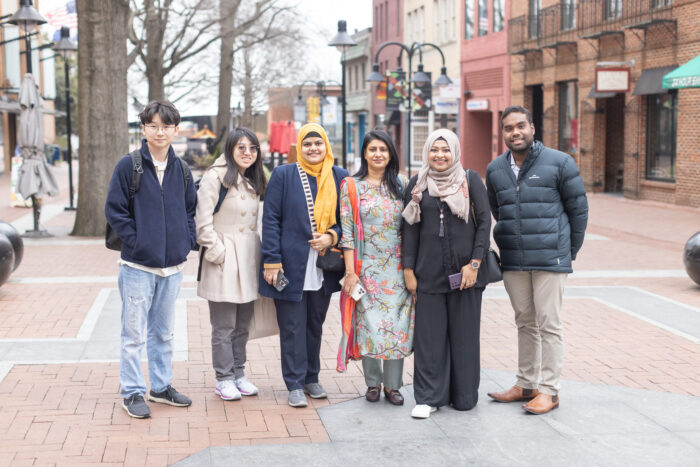YALI Staff Reflections: Leadership through Love
“How do you fight hate with love when you are surrounded with so much hate?” asked Danai, a 2018 Fellow from Zimbabwe. The Fellows spent their last day at Morven Farm watching parts of the film Re-Righting History and discussing the events that transpired on August 11th and 12th of 2017 in Charlottesville. From my discussions with the Fellows, I gathered that although they were taken aback by such a recent and violent riot in an American city, most of them were not impressed by the anger and hate they saw in the eyes of the members of the alt-right. They were not impressed because they see and live through it every day in their respective countries. They concluded that America is no different from other nations regarding injustice and division within the country.
The six-week program was filled to the brink with lifelong lessons, new people, fun outings, good food, deep conversations, and eternal friendships. But the deep conversations!
I moved down from Northern Virginia to attend the University of Virginia last August. I did not realize, until classes started, that I did not fit in well. Most of my classmates are white Americans and having meaningful conversations without them feeling confronted felt impossible, especially compared to the conversations I had with people from back home who were from all different walks of life. With the Fellows, summer staff, and other participants of the YALI program, I felt comfortable voicing my opinions and was rewarded with useful discussions. These discussions, coupled with the Fellows’ triumphant stories, reminded me that there is so much more to the world. The Fellows’ passions for the work that they do and their thoughtful ways of defining the problems they aim to solve taught me that there is still so much work that needs to be done in America and the rest of the world.
One of the most memorable moments of the program was during preparation for the Africa Ideas Summit. During this program, the fellows presented their solutions to the challenges they focus on in their respective countries in three-minute TED-style talks. I had the opportunity to help the fellows prepare their talks and learned a great deal about what drives them to do the work they do. I learned more about them during those thirty-minute slots because they were open and willing to share their most sacred experiences and paths that led them to where they are now. They were nervous and hesitant, just as I would be if I had to speak about my work in three minutes; however, they were extremely passionate and eager to share their work with anyone who would listen. The Summit was very emotional for the Fellows and for me.
While attending UVA this past year, I took two leadership courses in which we learned about the many leadership theories, practices, and styles. We read books and articles, watched films, and analyzed the elements of a great leader. We had many discussions where we debated whether a great leader is born or made, whether some leaders do well in certain situations and not so well in others, whether or not there are a few traits that make a great leader. Although these debates are ongoing, I believe I was among twenty-three great leaders during the YALI program and determined that there is one thing that made these leaders stand out. These Fellows and people just like them in Africa have to face hate, anger, corruption, abuse, and injustice every day. They have to mull over Danai’s question every single day and are still prepared to fight hate with love every day. I learned from them this summer that the one thing that makes them successful leaders is selfless love, love for all people.

